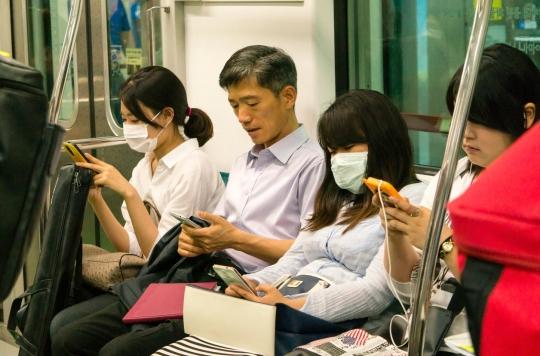Health data is open to researchers and private organizations. Two decrees specify the conditions of access to the various stakeholders in the health sector.

Open data is advancing in France. On December 28, the Ministry of Health published two decrees to this effect. They specify opening conditions health data. Health agencies and other stakeholders are granted a permanent right of access. The objective is clear: to put this information at the service of public health policies.
A gradual opening
The health system modernization law, adopted last January, took a first step towards open data. Details of medical and paramedical consultations, prescriptions, hospitalizations, or even causes of death are available on request.
An additional step should be taken from 2018: the Ministry of Health announces, in a press release, the integration of medico-social data. This should make it possible to “better understand the links between medical and medico-social care”.
In 2019, complementary health insurance will also participate in this transparency process. They will provide information about their policyholders. The ministry thus hopes to collect valuable data on the remainder of the burden of patients.
Show white paw
But who exactly has the right to consult this data? The decrees open permanent access to organizations “with a public service mission”. A term which designates health agencies – such as the National Cancer Institute – but also researchers affiliated with Inserm or within university hospital centers.
The other organizations have a one-off right of consultation, after agreement from the National Commission for Informatics and Liberties (CNIL). “The access of companies producing health products and health insurers will be more tightly controlled”, however specifies the website of the ministry.
And for good reason: the health system modernization law specifies, without ambiguity, that this data cannot be used for promotional purposes or to modify the contributions and premiums of insurance. One way to protect users. Those concerned will therefore have to show a white leg, via a design office or an independent research organization.
Guaranteed anonymity
The decree nonetheless facilitates the procedures: requests for access to health data will now be sent to a single point of contact. The National Institute for Health Data, created for the occasion, registers the files and helps to set them up. This simplification is not due to chance. The Ministry of Health is very optimistic about the usefulness of this information. “The use of this data will improve public health policies, patient information and advance medical research,” he said in a press release.
Progress that should not be made at any cost. The security and anonymity of users remains guaranteed. A “strict benchmark” is in place, and applies to everyone. A pseudonym is assigned to each person. “No name, first name, address or social security number appears in the SNDS,” indicates the ministry’s website.
.















